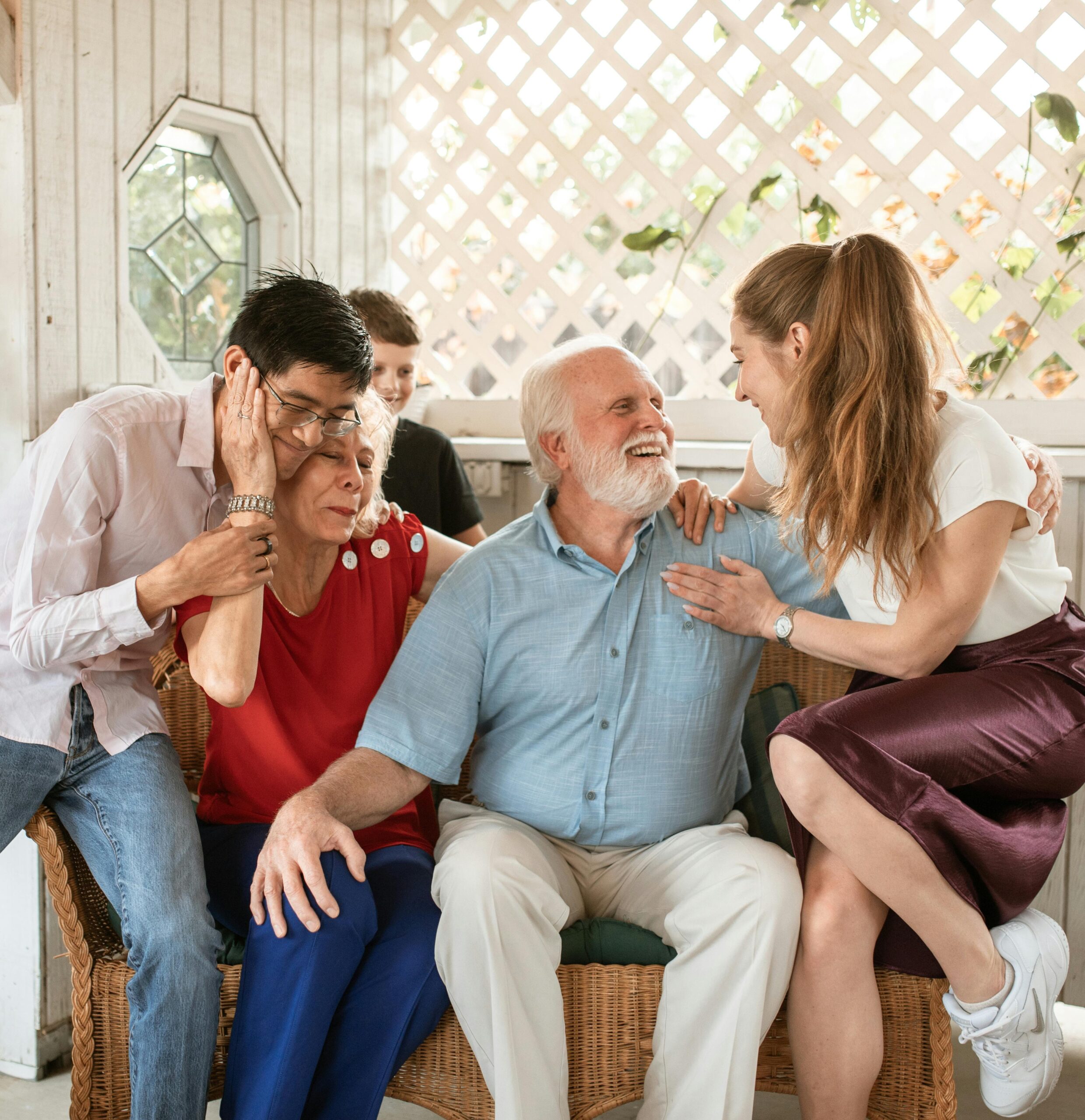Navigating Thanksgiving when a loved one has dementia
The holidays are approaching quickly. When your loved one is experiencing brain change due to Alzheimer’s disease, Parkinson’s, stroke, or other causes, considering key changes to family traditions can help make the holiday season more enjoyable.
It helps to know what disease stage your loved one is experiencing so you can adjust holiday plans accordingly. If symptoms are mild, small adjustments make a difference. In milder stages, many people with cognitive decline may be able to have an active role, such as planning and preparing for family activities. If symptoms are moderate to severe, more substantial changes are needed, and they may be able to have a smaller but no less valuable role.
Read on for six tips to help make the holiday season more enjoyable and comfortable.
It’s about moments of joy, not whole-visit joy.”
– Teepa Snow, Dementia expert and American occupational therapist
Ask and learn.
When a loved one receives a diagnosis of dementia, it’s your responsibility to understand the changes that have occurred. Have an open and direct — but loving — conversation about what your loved one feels comfortable doing for the upcoming holiday celebrations.
It’s important that your loved one feels involved in preparing for the holidays in a way that’s meaningful. Simply asking, “What can we do to make the holiday easier for you?” is important. It’s critical to understand that people with cognitive change may need extra time to gather their thoughts, process information, and to respond. It’s very important to know that some may not fully understand their limitations, which means a crucial change in your approaches.
Delegate, delegate, delegate.
If the person with dementia normally hosts the holiday celebration, it may be better to rethink the event. Your loved one may feel they can no longer prepare their home in a way that makes them feel ready. Or they may feel they can do it but need help. Don’t be afraid to ask family, friends, and neighbors to help prepare meals or do shopping, and to help in ways big and small.
Keep tabs on overload.
People with dementia find it overwhelming to be in large groups because they feel they can’t follow conversations well. This causes them to withdraw, and family members may not understand. If you’ve noticed this in your loved one, your family may choose to have smaller gatherings more often.
Build the day around what your loved one’s body needs. Plan activities at a time of day when the person feels the most energetic. For example, if your loved one feels better in the morning consider a Thanksgiving breakfast, with small visiting groups later in the day.
Make travel easier.
Cognitive decline often adds a layer of complexity if your family normally travels for the holidays. People with cognitive impairment rely heavily on routine to get through the day. Travel by its very nature can disrupt their routine. A loved one who has trouble adjusting to small changes in the daily routine will most likely not adjust well to travel. If the person is experiencing significant cognitive decline, it may be best to avoid all travel.
Build in time to rest.
Sleep disruption can cause problems for people with dementia, possibly creating an increase in confusion and emotional upset. Ensure ample opportunity for rest and relaxation throughout the day during the holiday excitement.
Provide physical care.
Make sure your loved one is eating nutritious, easy-to-eat options on a regular schedule that caters to their taste buds. Make sure they stay hydrated if they’re out and about in town or during busy family gatherings. Set medication alarms to make sure to remember to provide medicines during activities.












